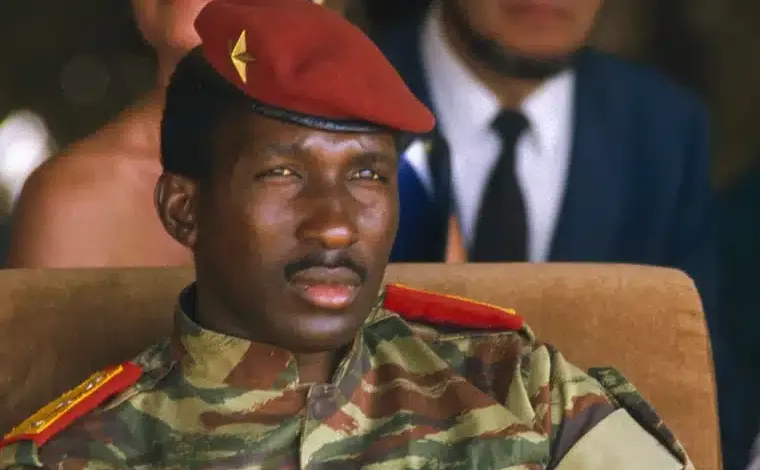
Long before the world’s leaders placed climate change at the top of their agendas, Thomas Sankara, the charismatic and radical president of Burkina Faso, had already drawn a powerful link between environmental stewardship and national sovereignty.
His short but transformative presidency from 1983 to 1987 laid the groundwork for what many now recognize as one of Africa’s earliest and boldest ecological movements.
When Sankara assumed power at just 33, ecological terms were mostly confined to Western scientific discourse. But he saw environmental degradation not just as a scientific concern, but a political emergency.
“Balance and harmony between the individual, society, and nature,” he believed, were fundamental to a country’s true independence. For Sankara, the desertification that plagued the Sahel was not merely a climatic challenge—it was a threat to Burkina Faso’s freedom.
In October 1984, Sankara launched a sweeping reforestation campaign that mobilised the nation. Nearly 10 million trees were planted in just over a year.
Tree planting became a civic duty and a cultural ritual—celebrated at weddings, national holidays, and even official inaugurations.
This movement, known as “citizen forestry,” still endures today and directly influenced the broader continental ambition of the African Union’s Great Green Wall initiative.
But Sankara’s ecological vision didn’t stop at trees. Through the policy framework known as the “Three Struggles,” he criminalised bush fires, imposed strict controls on logging, banned poaching, and curtailed free-range grazing. His focus was not just on legislation, but on transforming behaviour. The goal was a new environmental ethics grounded in sovereignty and self-reliance.
“He who feeds you rules you,” Sankara famously said, a guiding principle behind his campaign for food self-sufficiency. Under his leadership, Burkina Faso adopted agroecological methods—composting, natural pest control, and crop rotation—while empowering women farmers and launching massive rural training initiatives.
These reforms led to the country’s first-ever grain surplus by 1986.
Sankara embodied his philosophy through personal choices: he drove a Renault 5 instead of a luxury car, refused air conditioning in his office, and capped his presidential salary at $450.
His administration rejected extravagance and embraced what would today be called “climate-responsible governance.”
Though his life and presidency were cut short in a 1987 coup, Sankara’s legacy continues to flourish. His ideals live on through tree-planting traditions, community-led farming practices, and a growing awareness that justice, ecology, and independence are inseparable.
His legacy is also set in stone—literally.
Architect Francis Kéré’s design for the future Sankara mausoleum embraces the late leader’s values by using local materials and sustainable techniques.
At a time when Africa faces the dire consequences of a climate crisis it did not cause, Sankara’s early warnings and integrated policies remain strikingly relevant.
His belief that “we must dare to invent the future” continues to echo in movements across the continent—planting not just trees, but a vision of a greener, fairer world.



